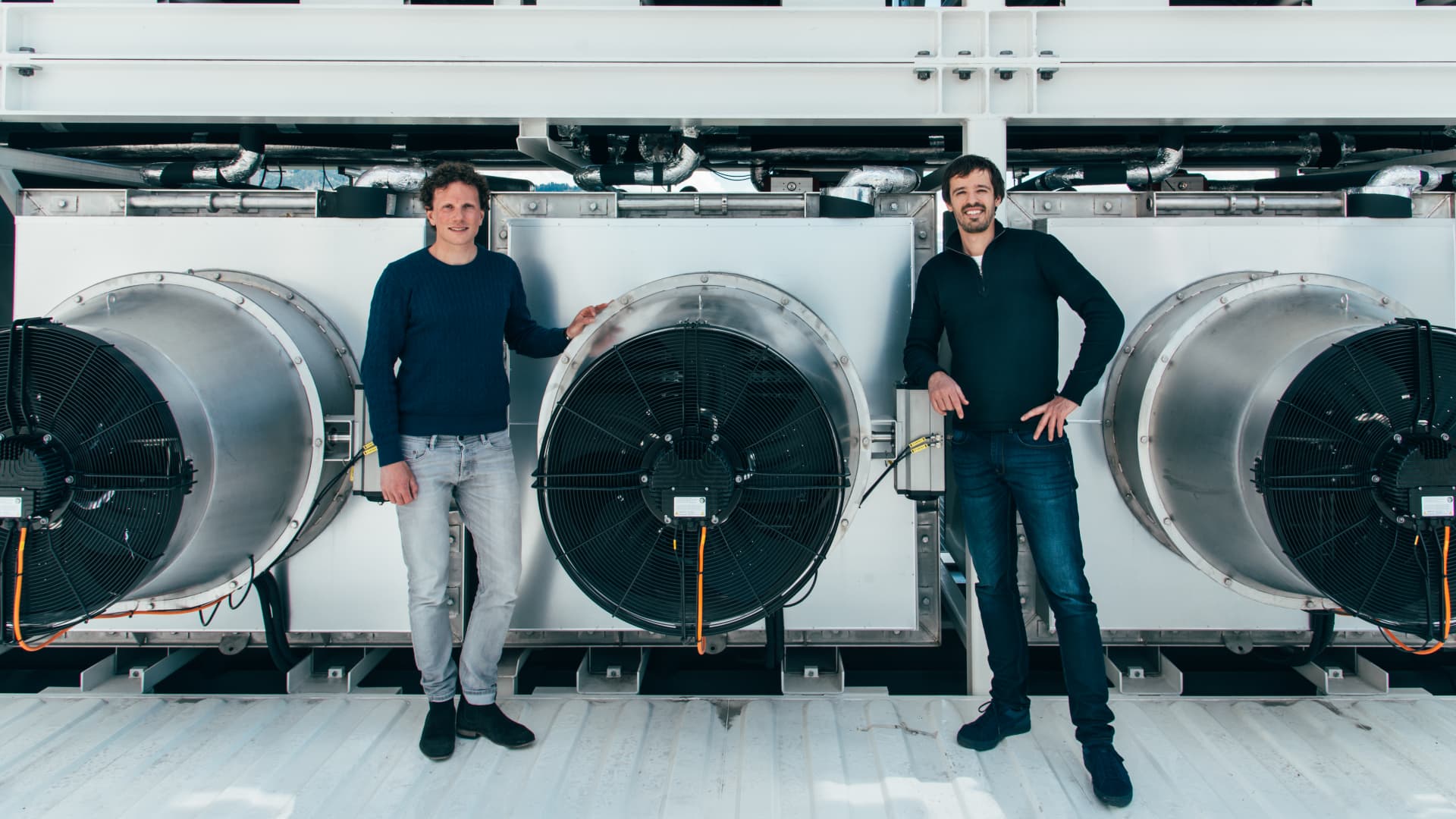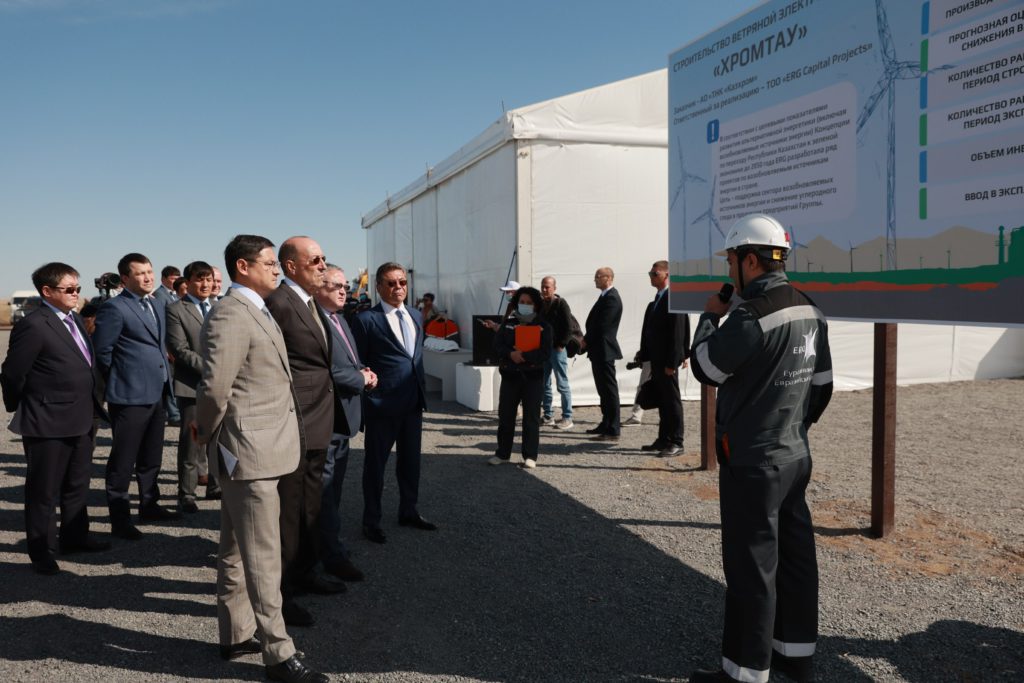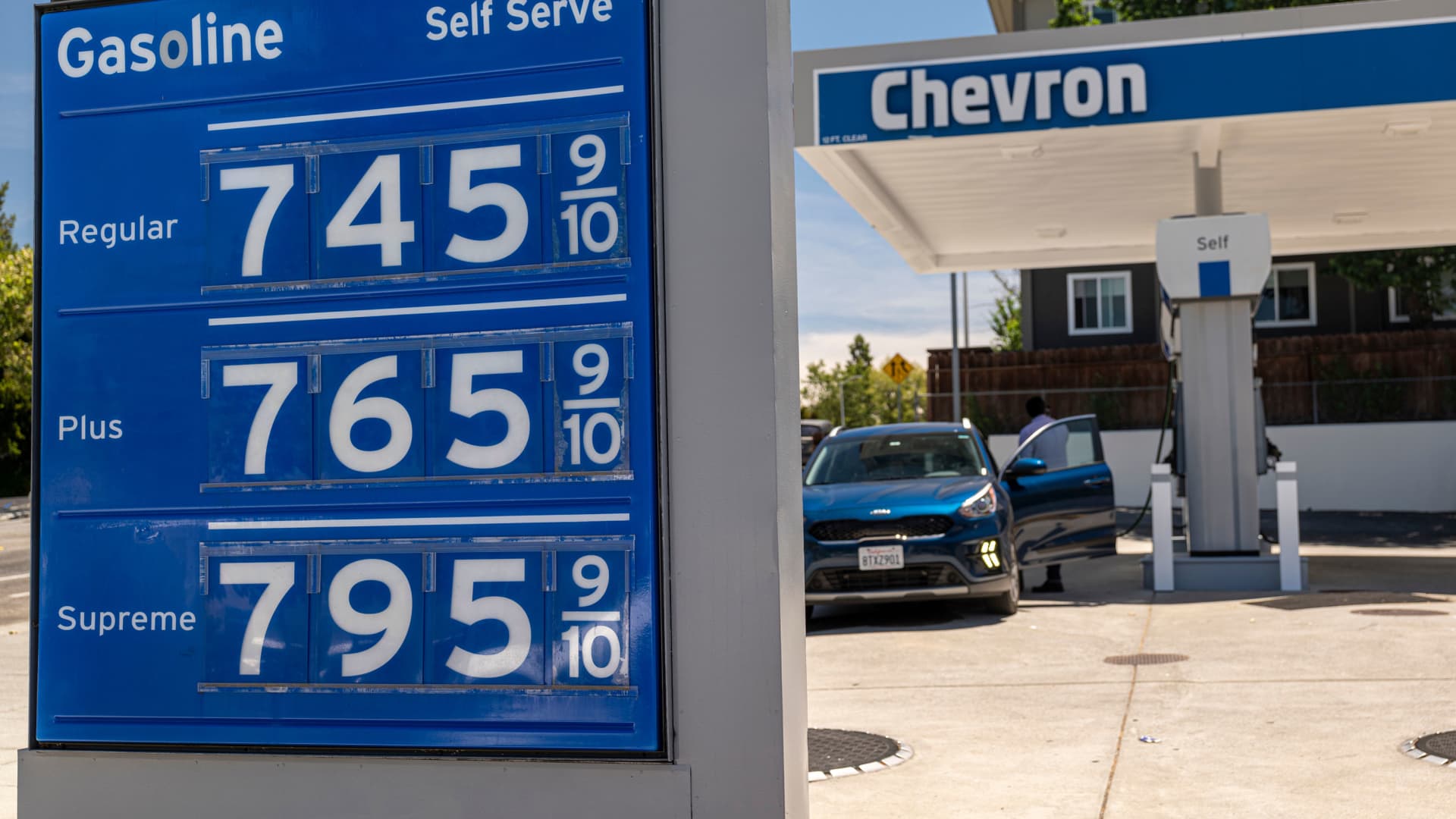Energy
Friday, September 16th, 2022 11:20 am EDT
In what BMW is calling “a first for the automotive industry,” the NEUE KLASSE of electric vehicles set to launch in 2025 will feature plastic parts made from 30 percent recycled fishing nets and ropes, resulting in trim pieces with a 25 percent smaller carbon footprint than parts made from conventionally manufactured plastics.
“In a new initiative developed in cooperation with the Danish company PLASTIX, the BMW Group is taking the recycling of maritime plastic waste a step further,” reads BMW’s official statement. “After separation, fishing nets and ropes undergo an innovative process that produces plastic granules. While recycled maritime plastic has so far only been used in the automotive industry in the form of fibers for new vehicle components, this recycled material is now also suitable for the injection moulding process for the first time. The raw material for the components manufactured in this way can consist of around 30 percent maritime plastic waste.”
Unraveling the Pacific Garbage Patch
Plastic beads made from commercial fishing ropes; courtesy BMW.
” data-medium-file=”https://cleantechnica.com/files/2022/09/bmw-to-use-recycled-fishing-nets-400×225.jpeg” data-large-file=”https://cleantechnica.com/files/2022/09/bmw-to-use-recycled-fishing-nets-800×450.jpeg” loading=”lazy” class=”size-large wp-image-276807″ src=”https://cleantechnica.com/files/2022/09/bmw-to-use-recycled-fishing-nets-800×450.jpeg” alt width=”800″ height=”450″ srcset=”https://cleantechnica.com/files/2022/09/bmw-to-use-recycled-fishing-nets-800×450.jpeg 800w, https://cleantechnica.com/files/2022/09/bmw-to-use-recycled-fishing-nets-400×225.jpeg 400w, https://cleantechnica.com/files/2022/09/bmw-to-use-recycled-fishing-nets-768×432.jpeg 768w, https://cleantechnica.com/files/2022/09/bmw-to-use-recycled-fishing-nets-1536×864.jpeg 1536w, https://cleantechnica.com/files/2022/09/bmw-to-use-recycled-fishing-nets-1024×576.jpeg 1024w, https://cleantechnica.com/files/2022/09/bmw-to-use-recycled-fishing-nets-600×337.jpeg 600w, https://cleantechnica.com/files/2022/09/bmw-to-use-recycled-fishing-nets.jpeg 1920w” sizes=”(max-width: 800px) 100vw, 800px”>
Plastic beads made from commercial fishing ropes; courtesy BMW.
In terms of reducing ocean plastics, recycling commercial fishing ropes is a huge deal – so huge, in fact, that I’m surprised we don’t talk about it more here at CleanTechnica (probably my fault). How huge is “so huge?” At least 46 percent of the Great Pacific Garbage Patch is commercial fishing nets, which multiply themselves by “catching” debris.
“Over three-quarters of the [Great Pacific Garbage Patch] mass was carried by debris larger than 5cm,” reads this study in Nature, which was cited heavily in the Netflix documentary, Seaspiracy. “(And) at least 46% was comprised of fishing nets.”
Creating a market for used commercial fishing nets and ropes, then, could seriously deter the habit of cutting the ropes and leaving them to drift in the ocean when they get tangles. As a raw material, these nets can be proactively sourced at virtually any major port across the world, and measures like these by BMW could ensure that it doesn’t end up as sea trash.
Sources | Images: BMW; Nature.
Appreciate CleanTechnica’s originality and cleantech news coverage? Consider becoming a CleanTechnica Member, Supporter, Technician, or Ambassador — or a patron on Patreon.
Don’t want to miss a cleantech story? Sign up for daily news updates from CleanTechnica on email. Or follow us on Google News!
Have a tip for CleanTechnica, want to advertise, or want to suggest a guest for our CleanTech Talk podcast? Contact us here.
Advertisement
This post has been syndicated from a third-party source. View the original article here.




